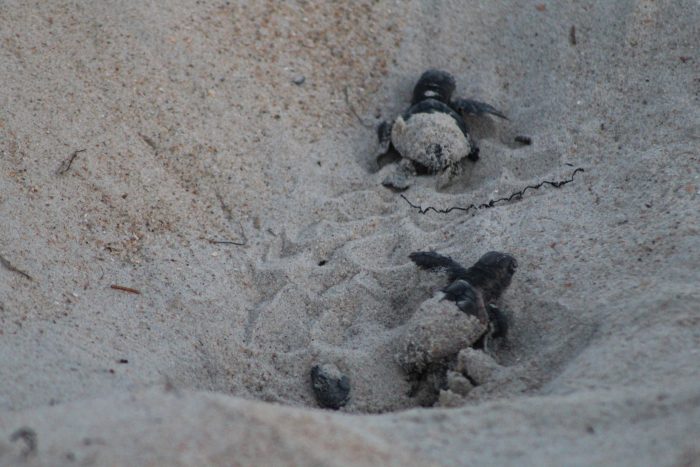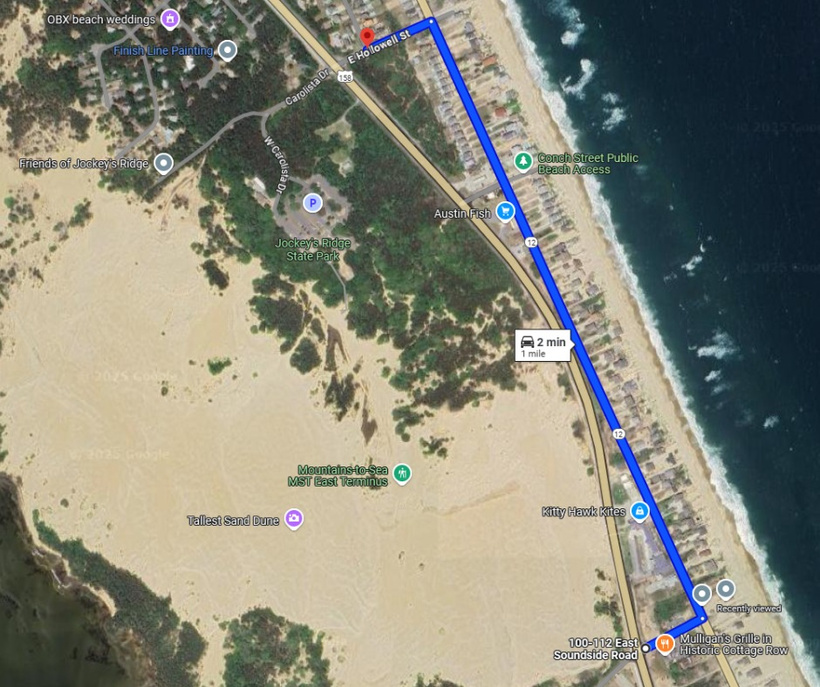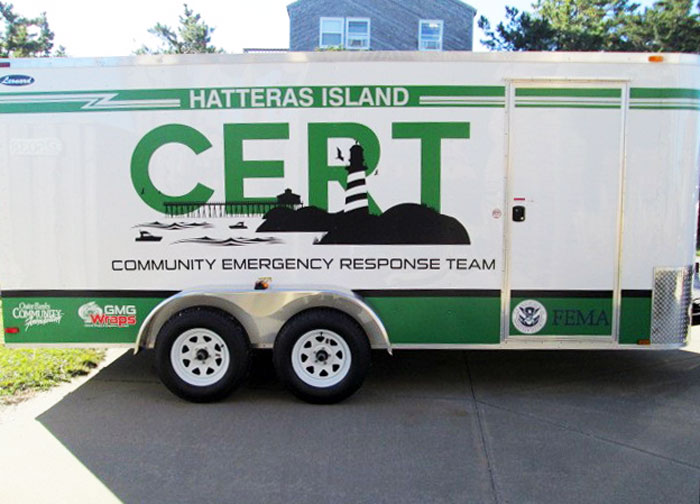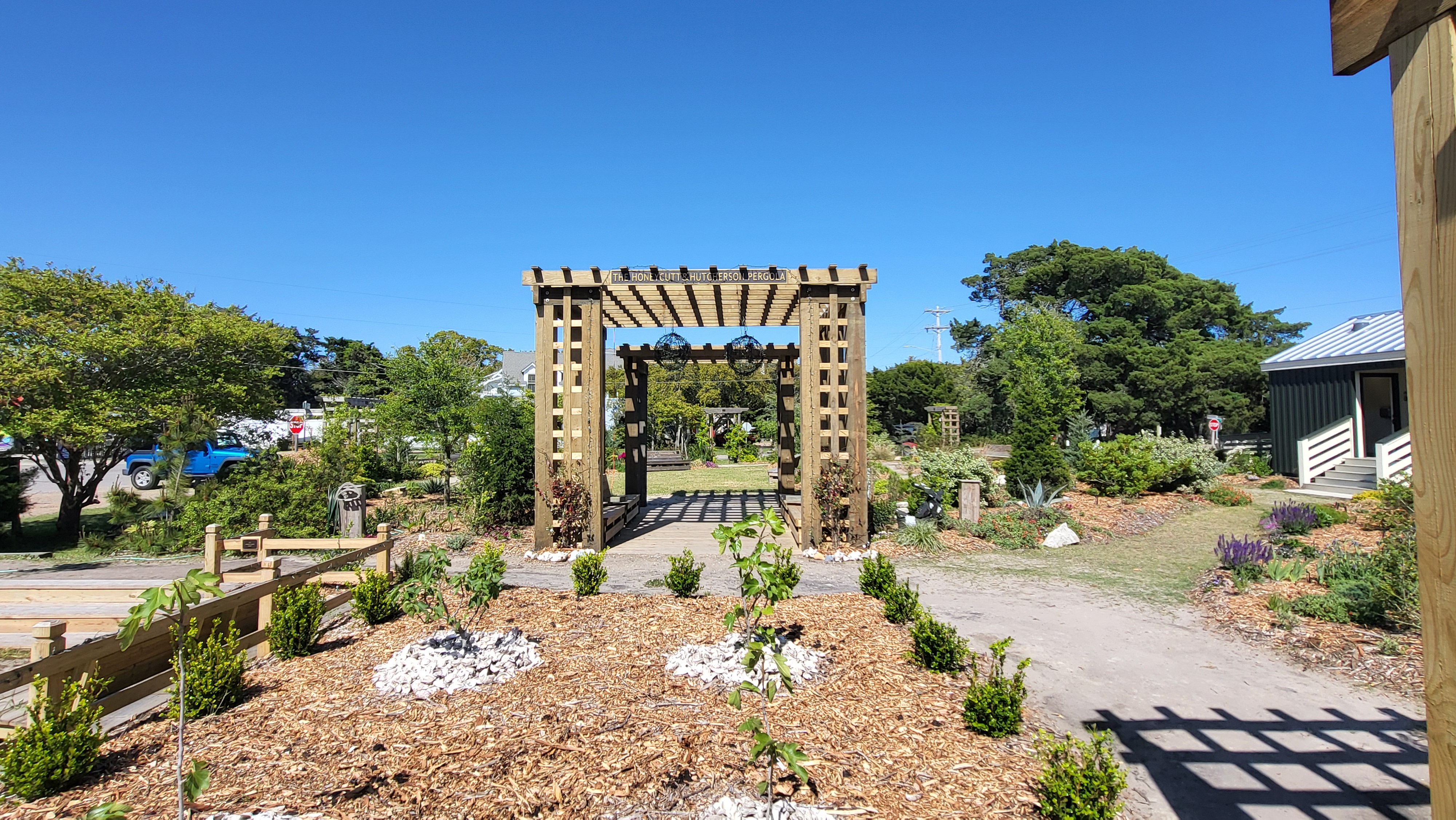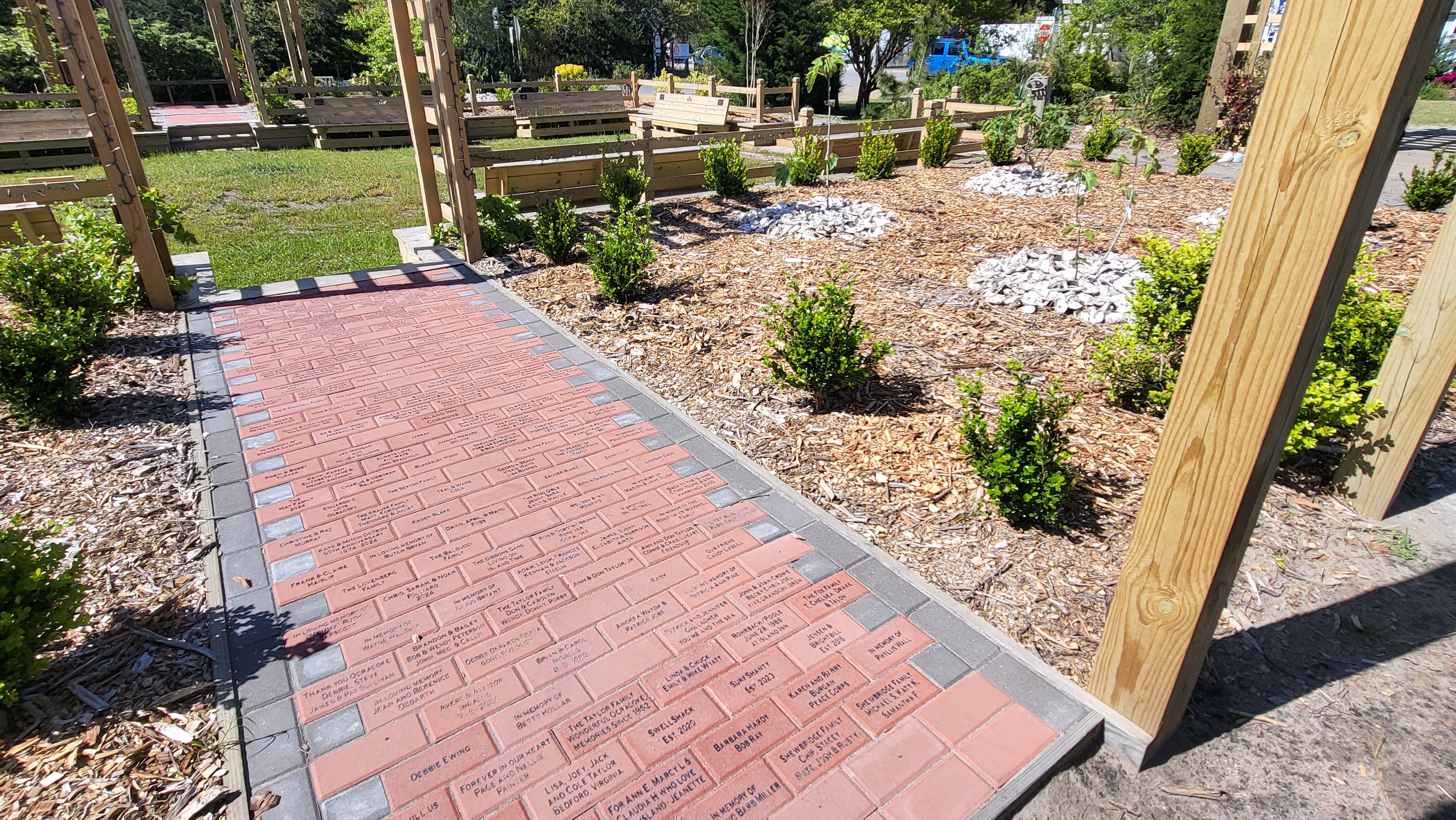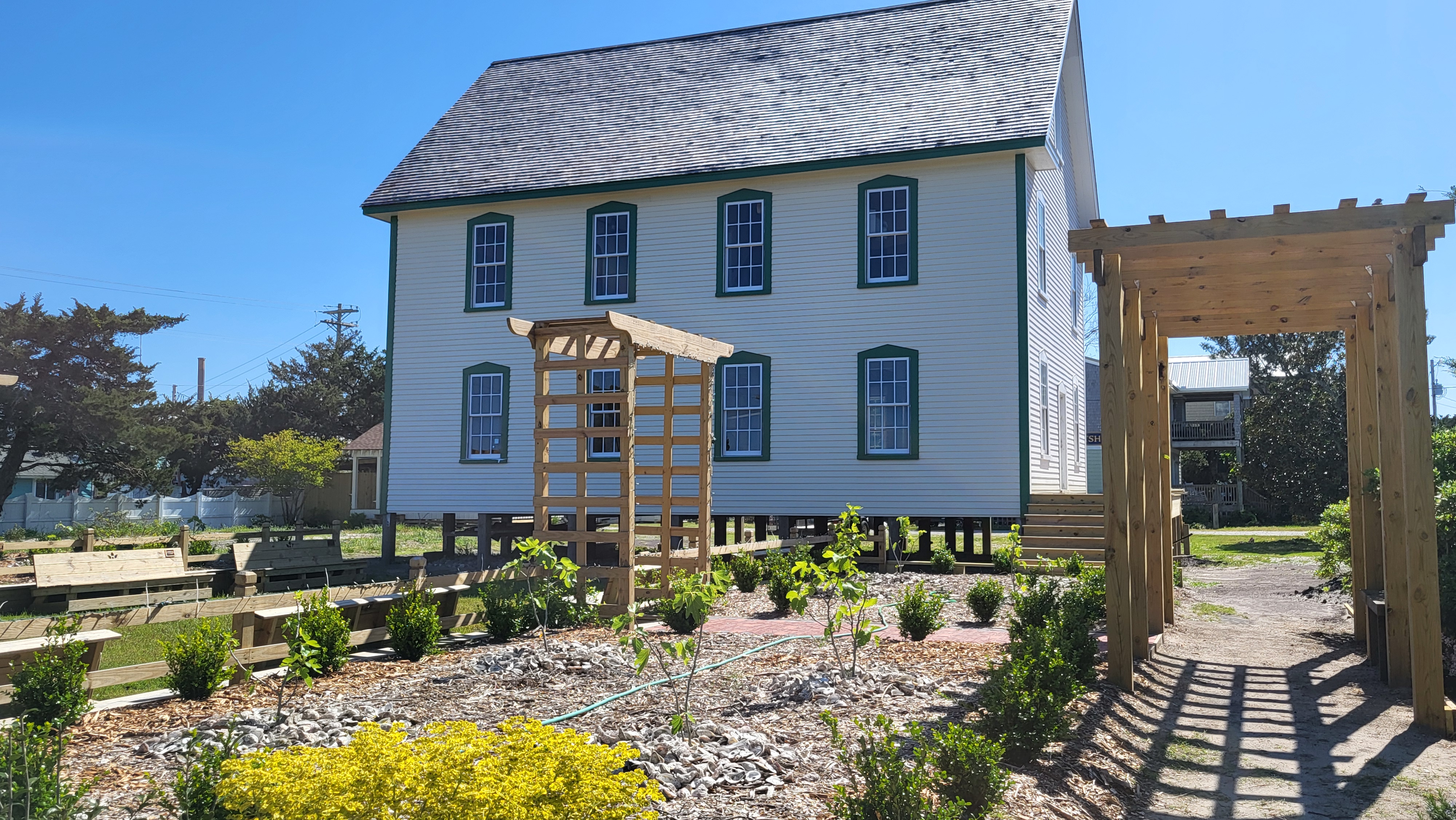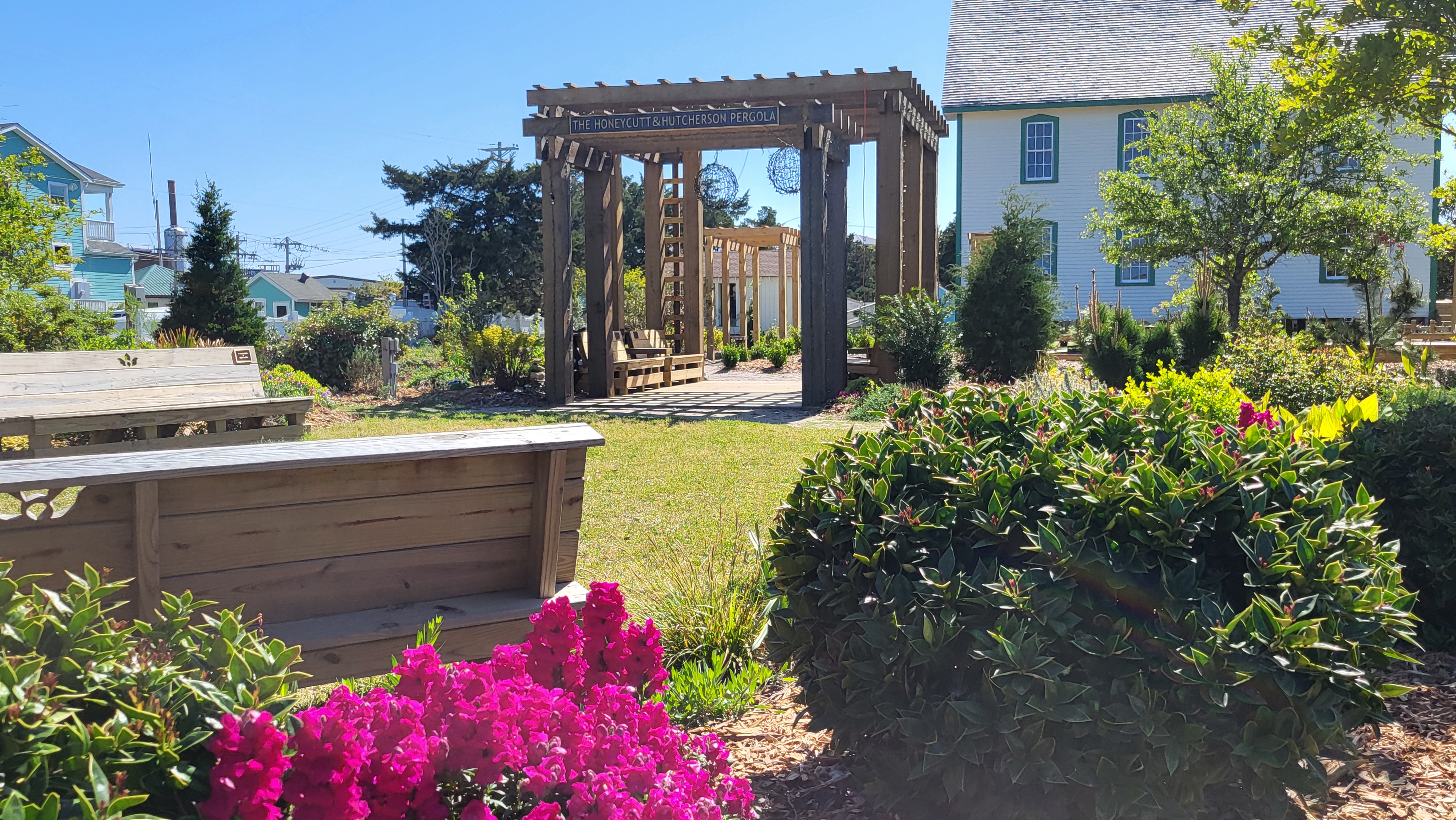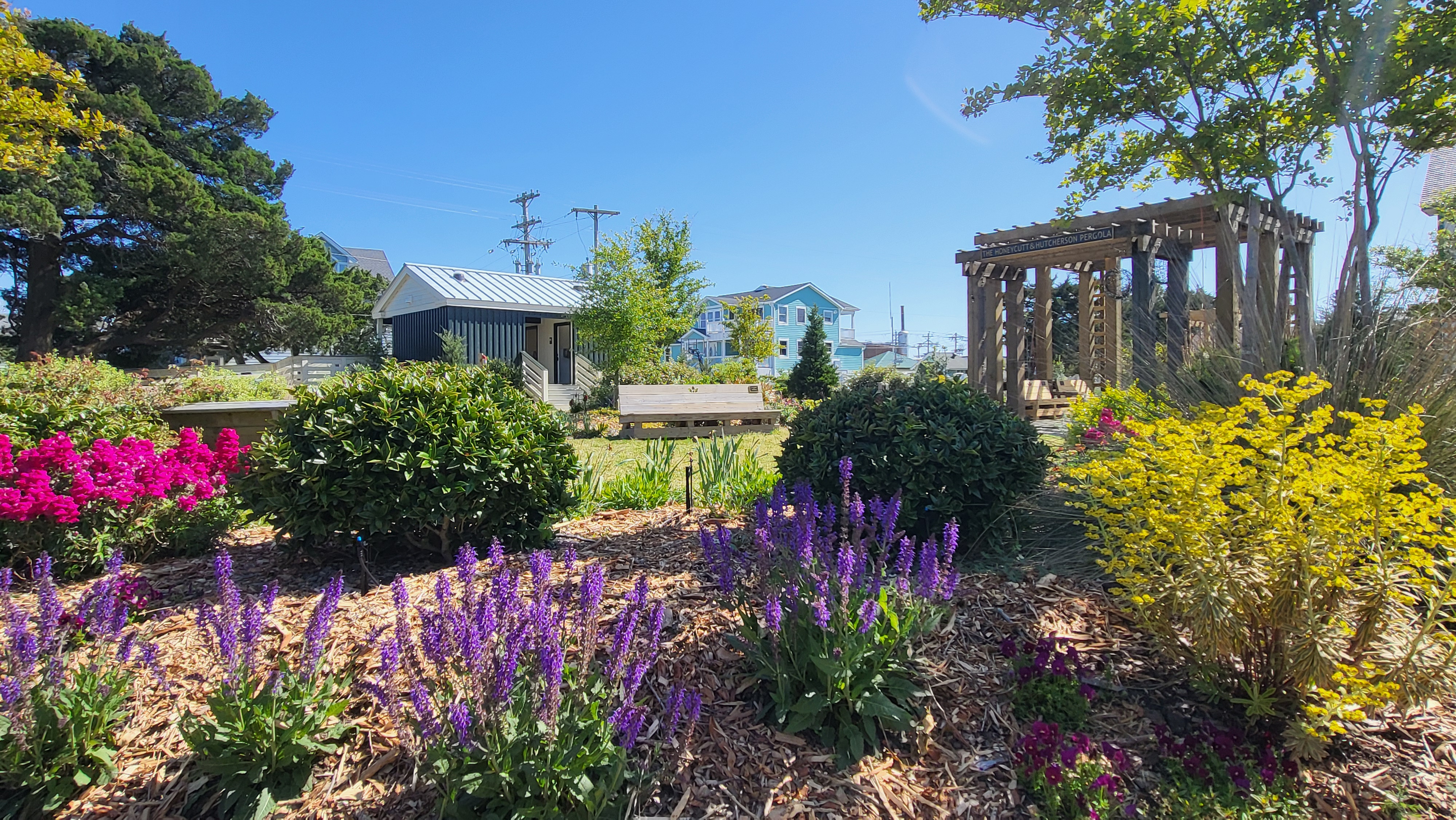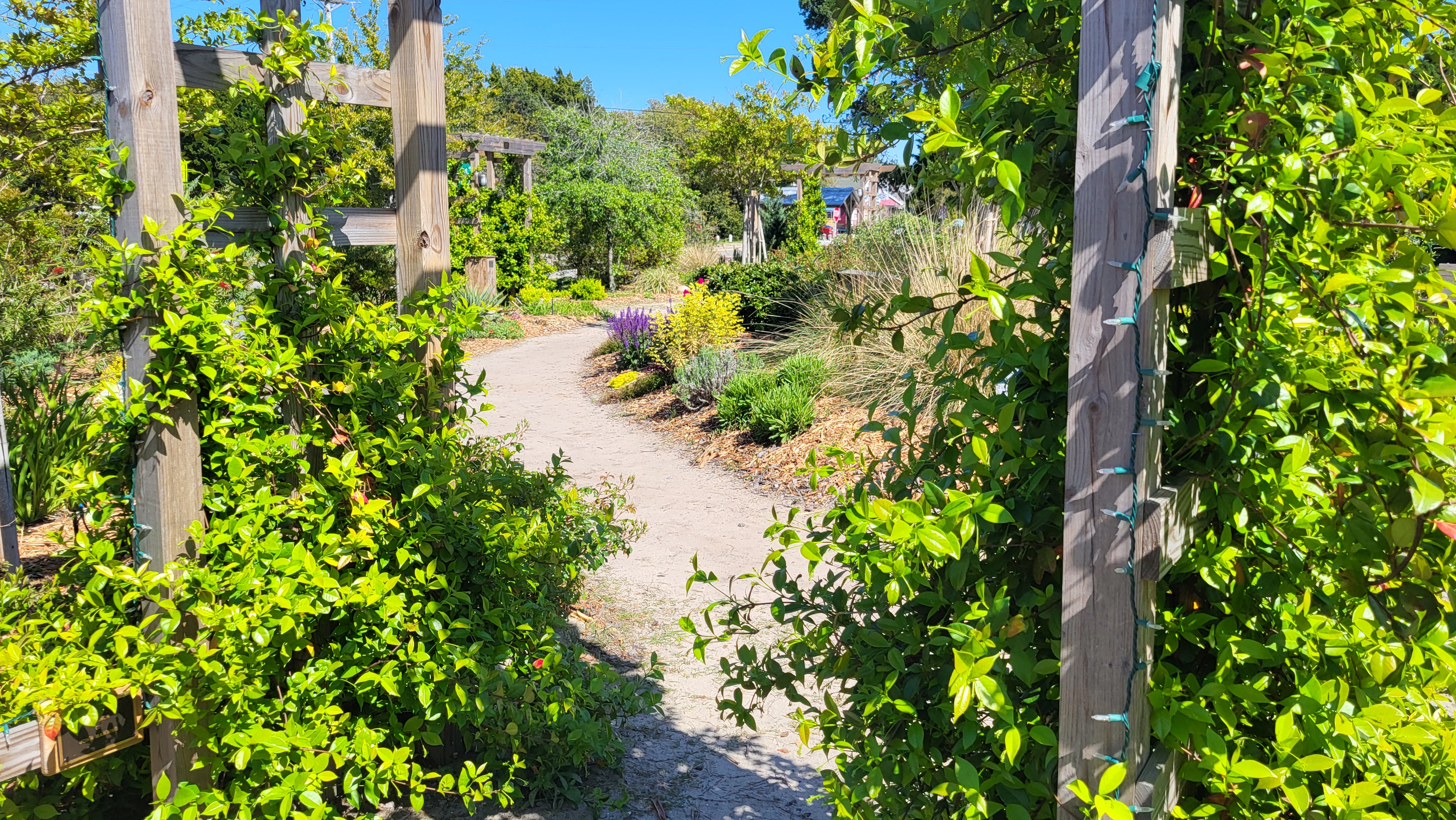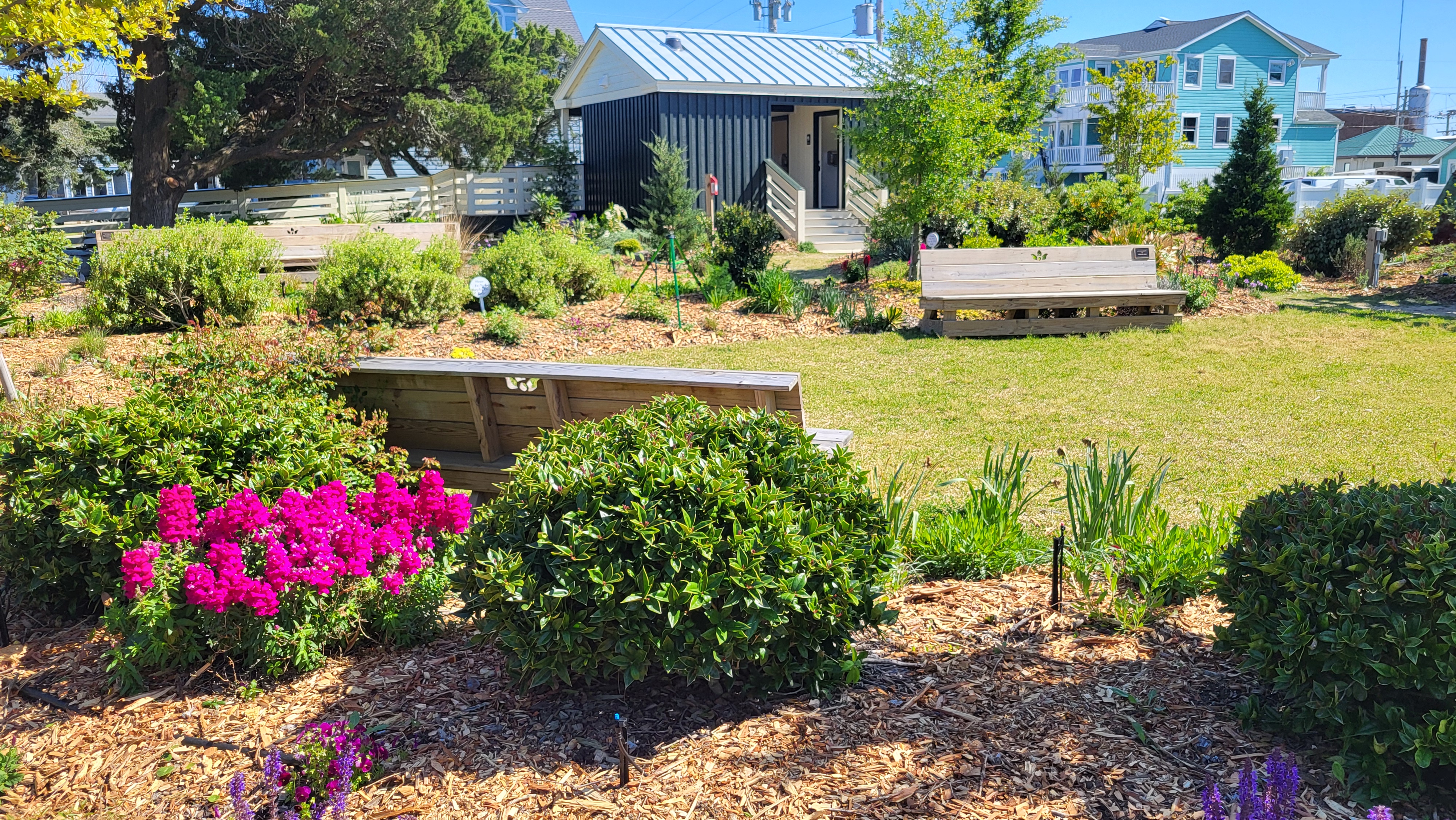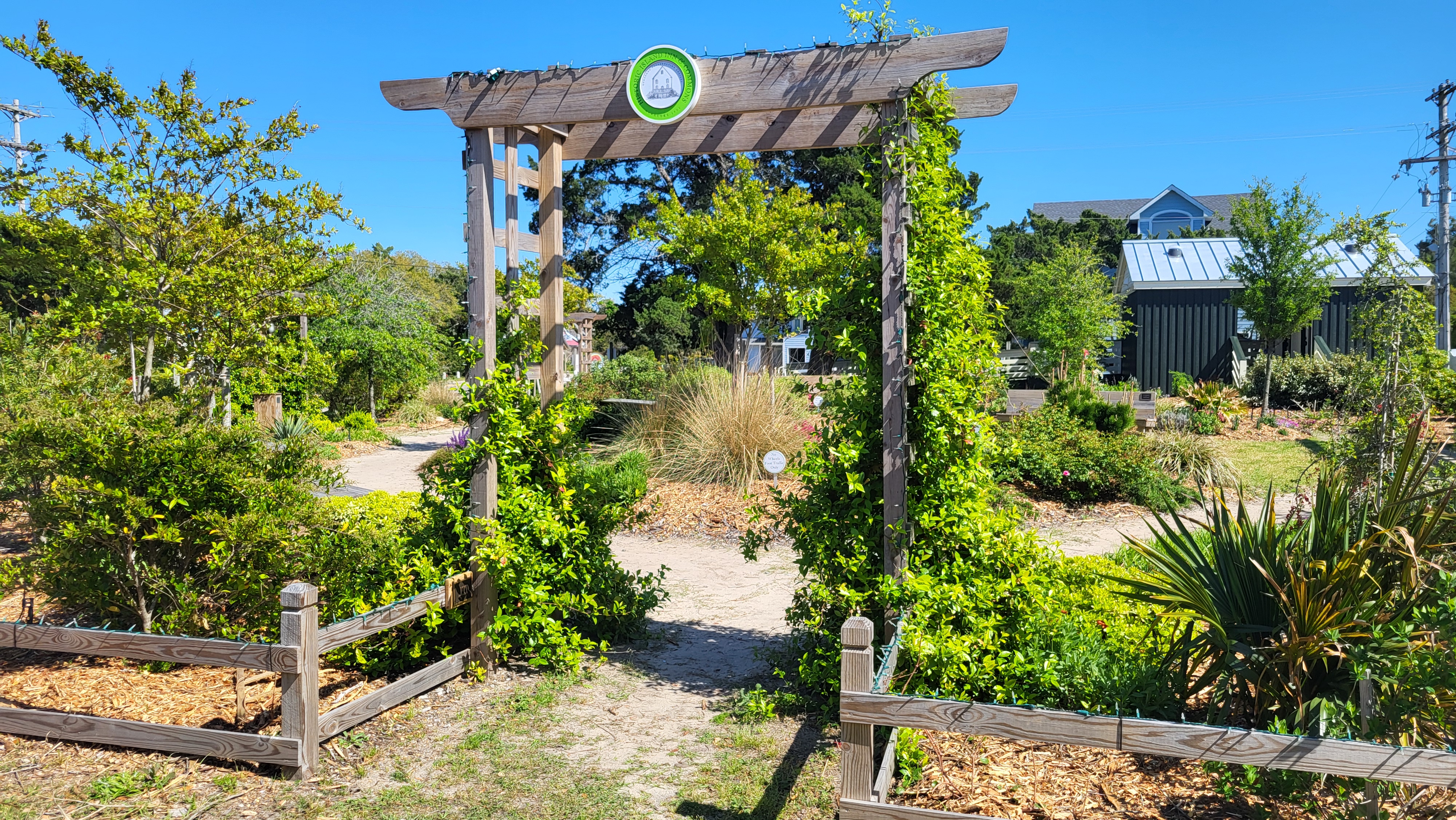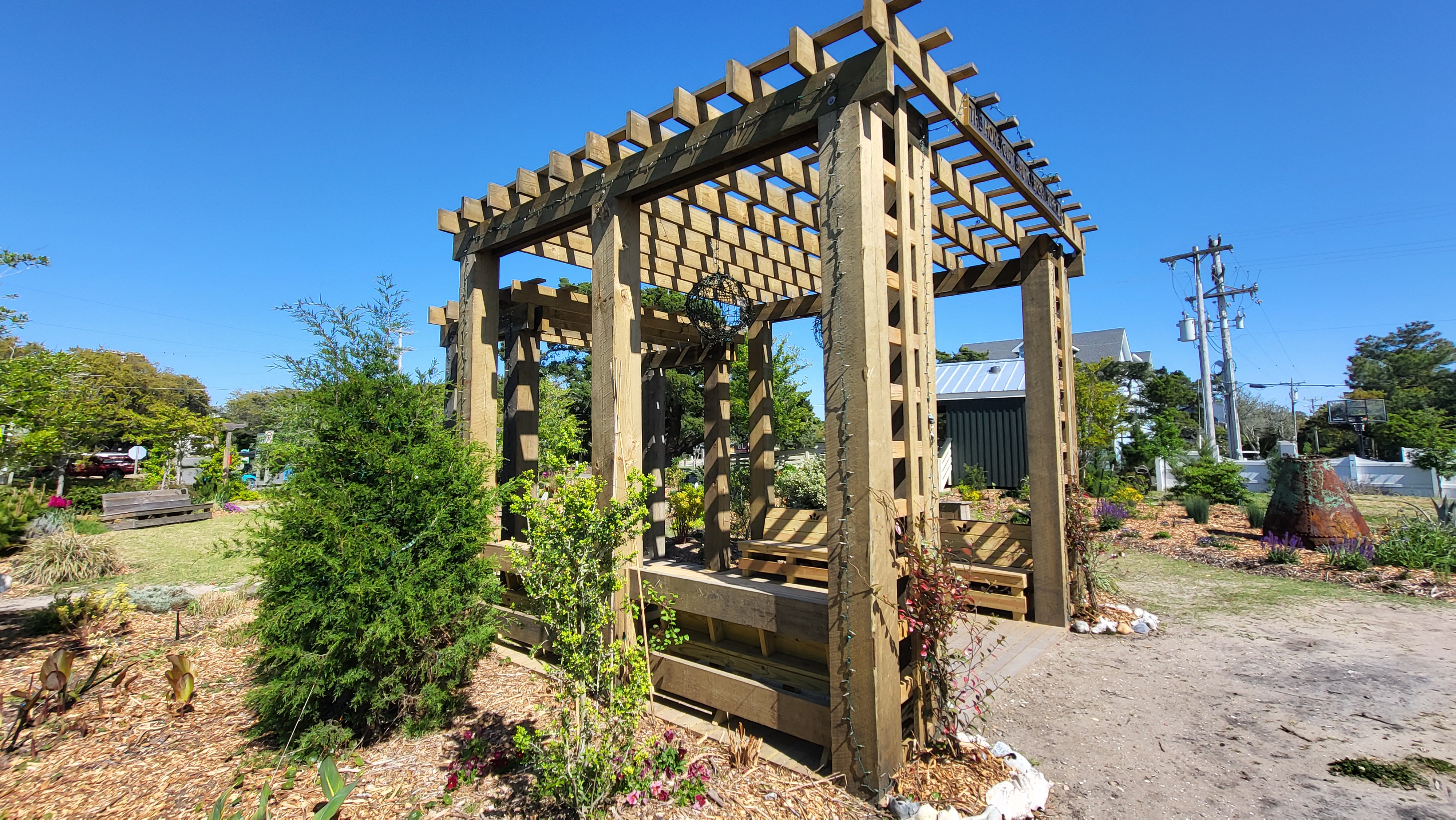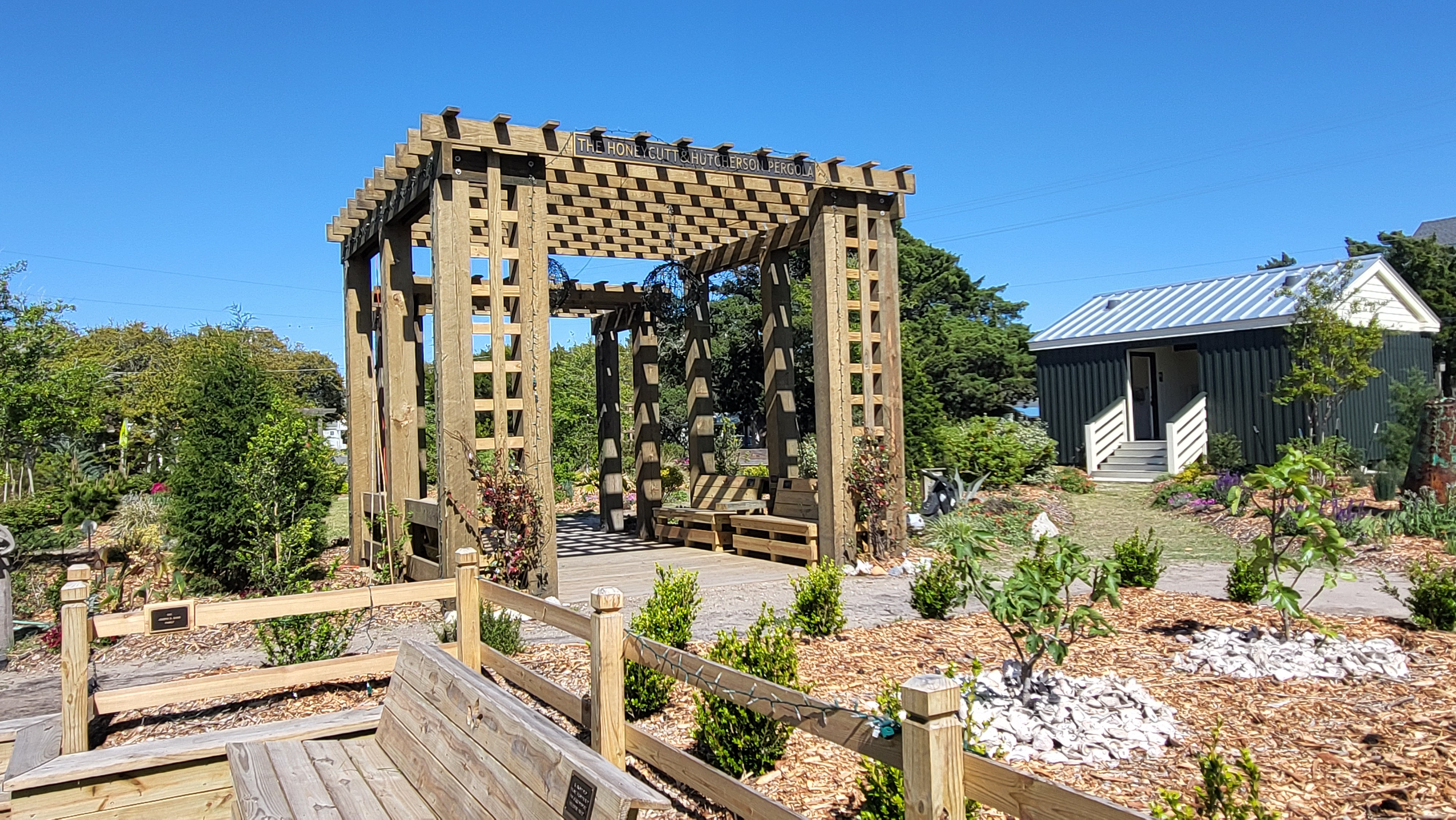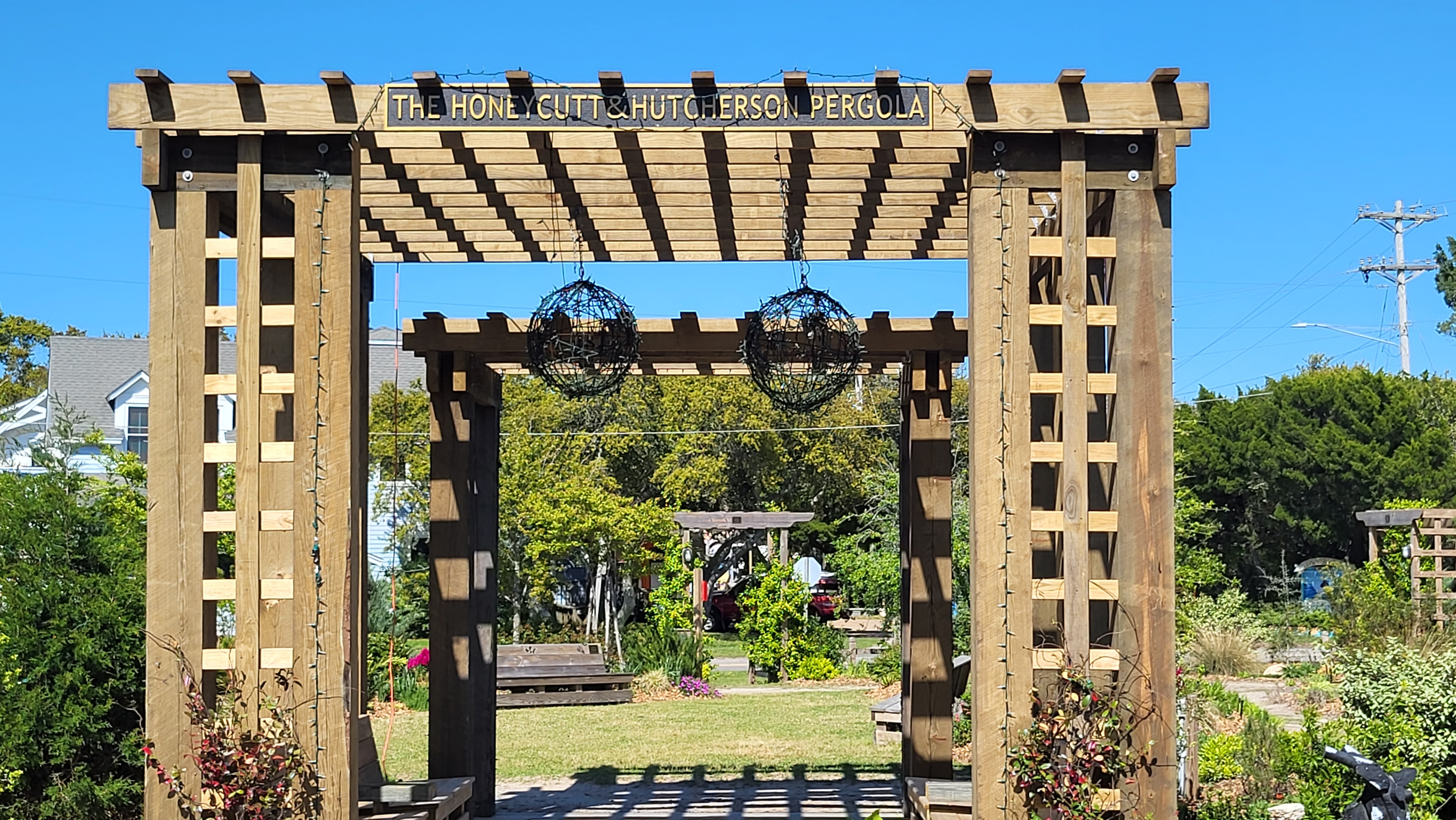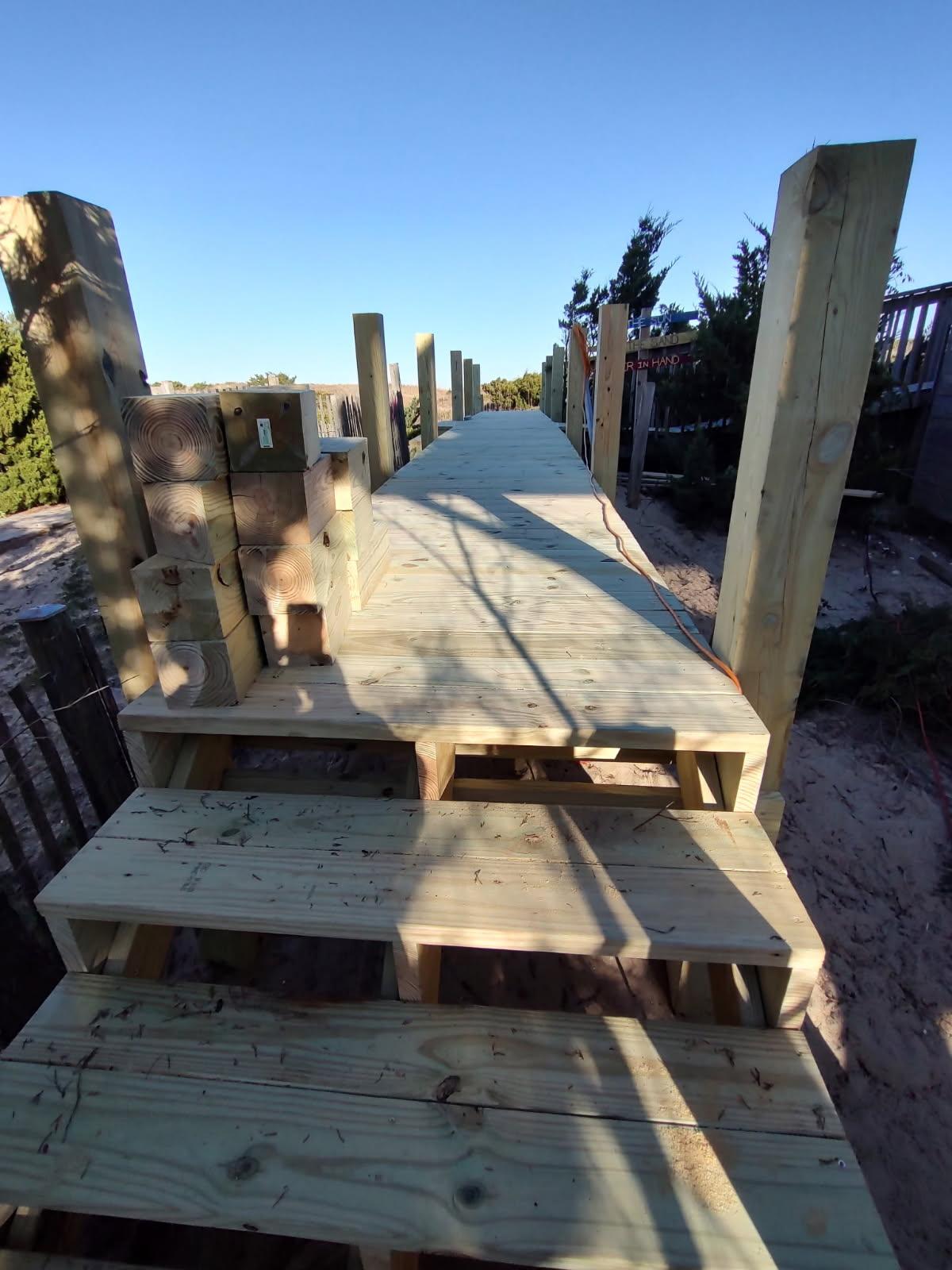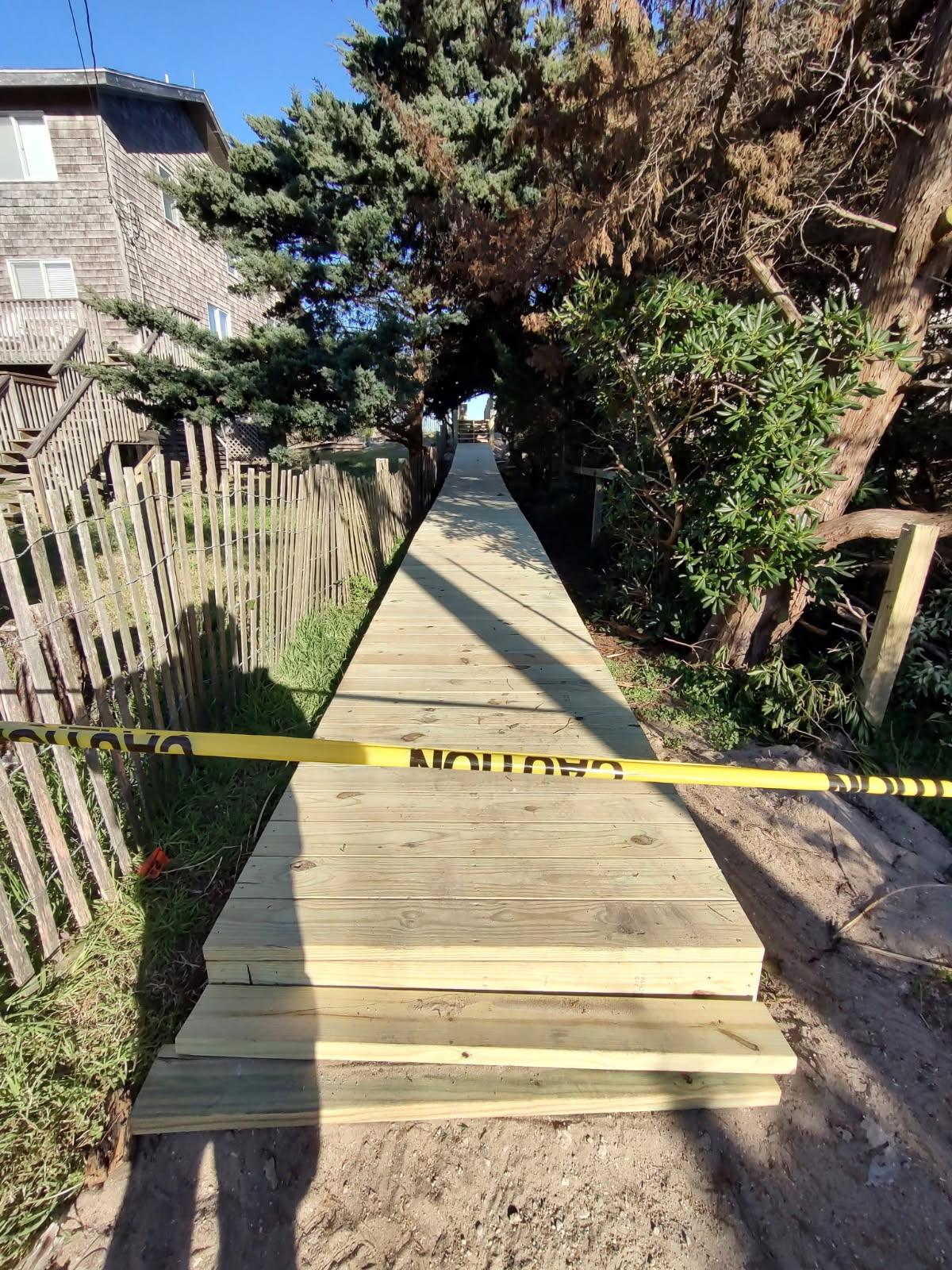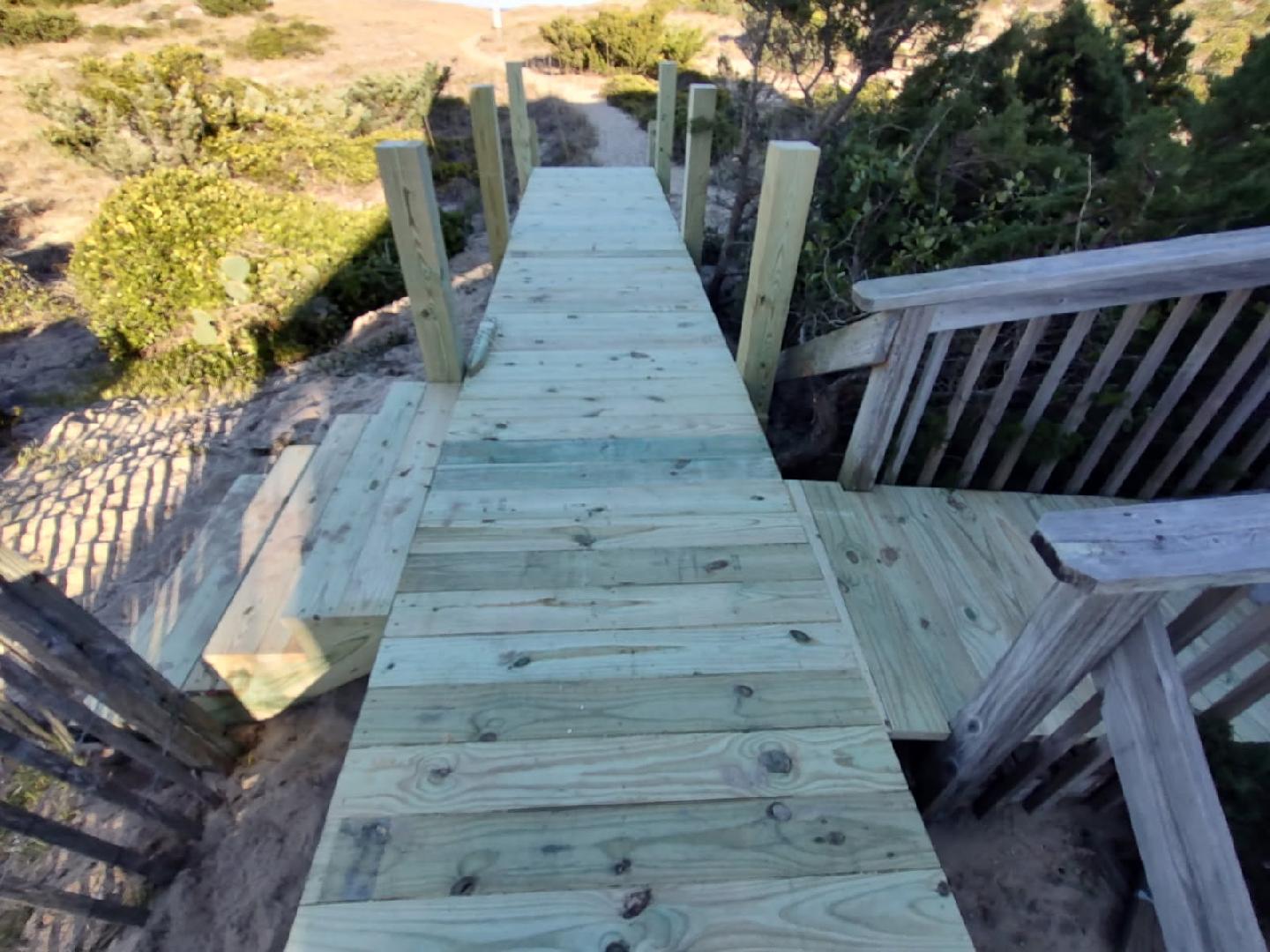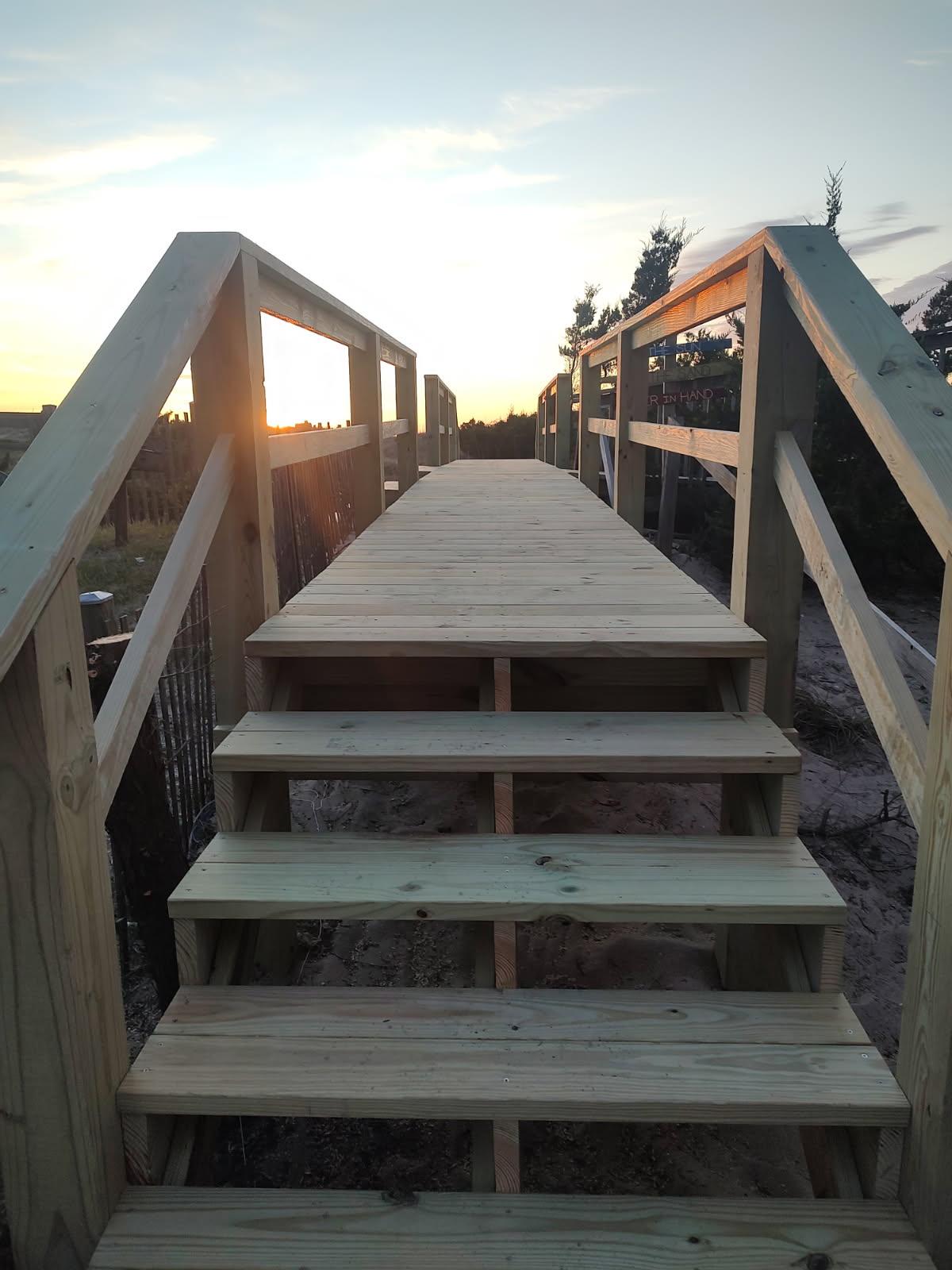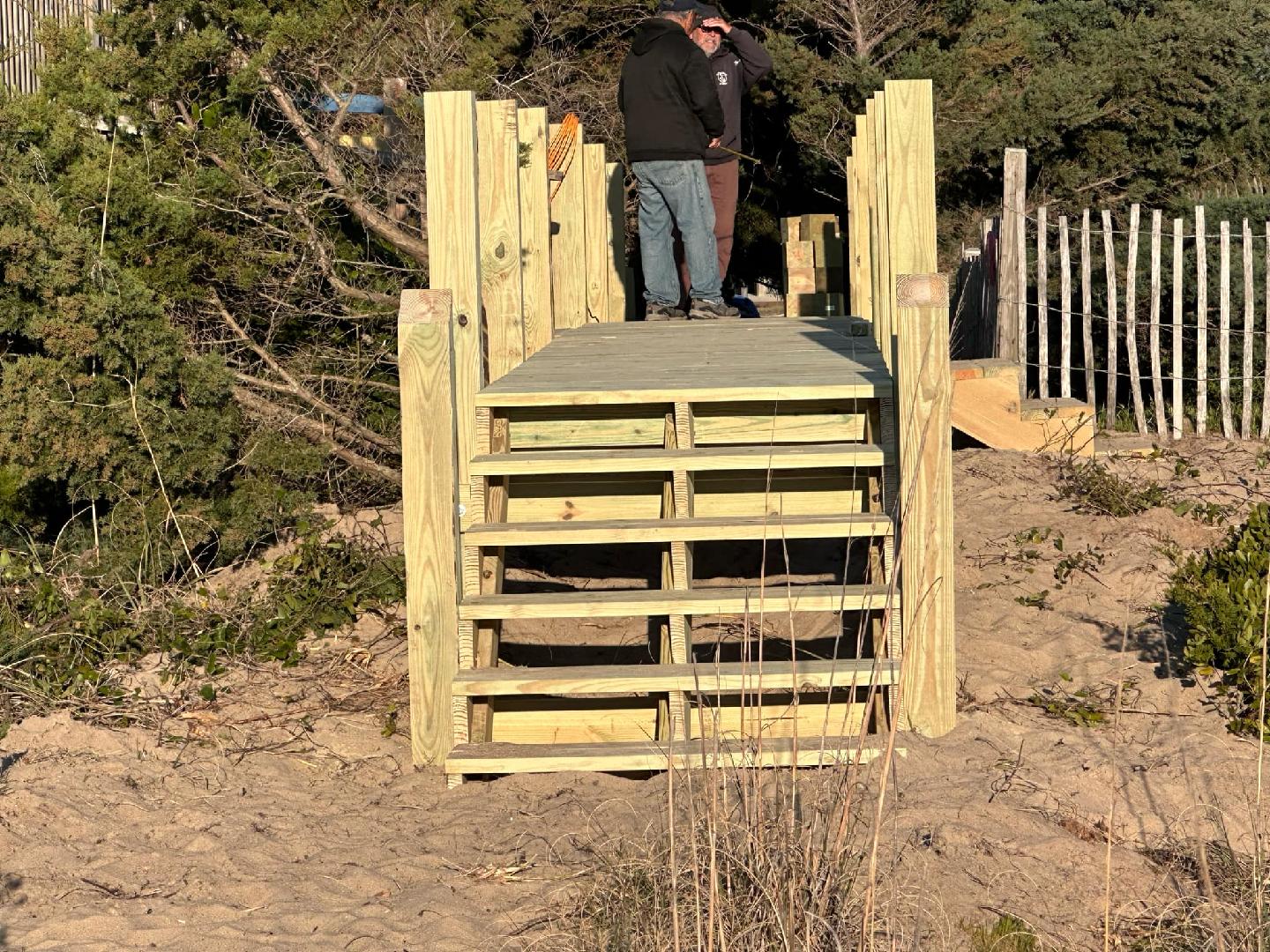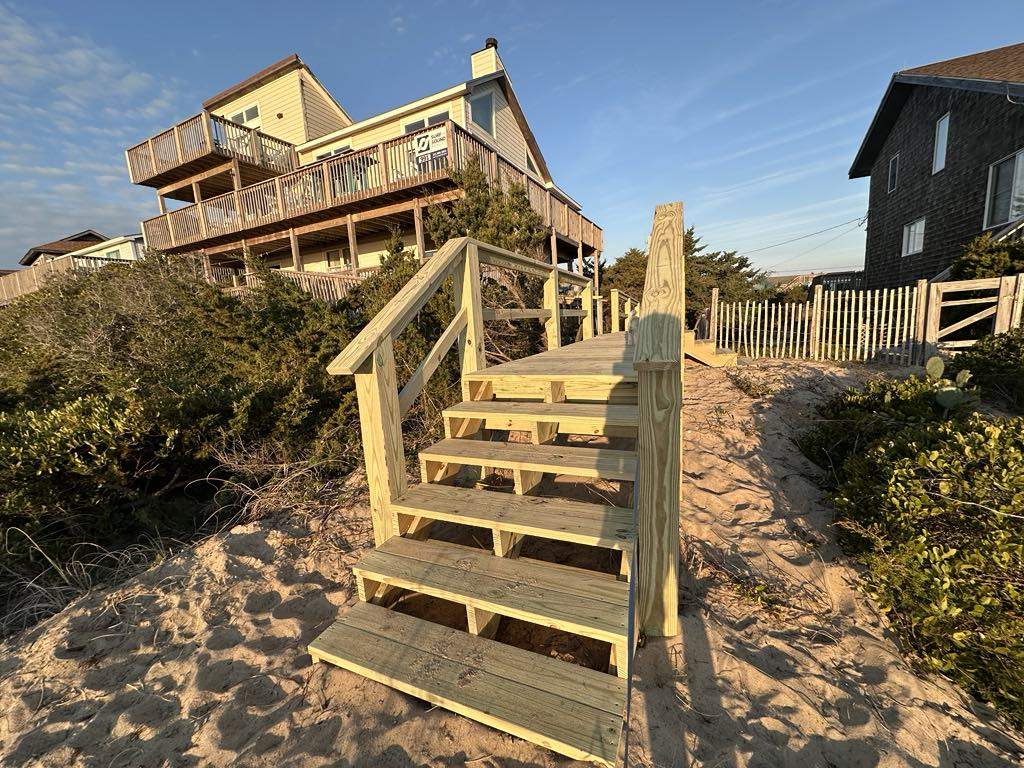2023 is shaping up to be a banner year for sea turtles nests
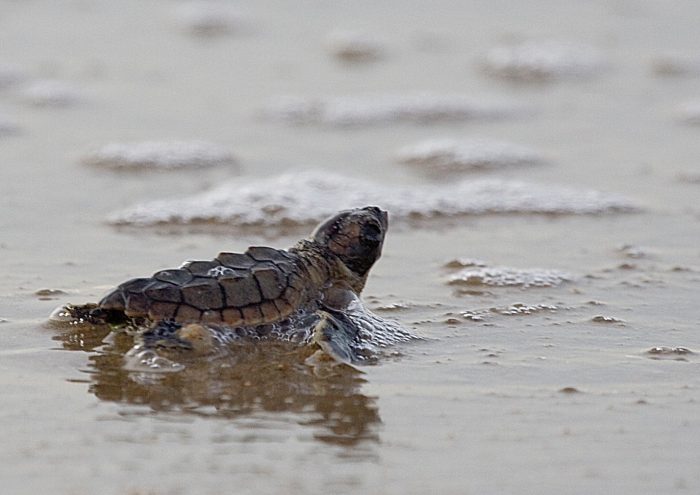
2023 will end up being the second or third busiest year on record for nesting sea turtles within the Cape Hatteras National Seashore (CHNS), with a total of 377 nests reported as of the end of September.
2019 has the highest number of nests recorded within CHNS by far with 479 nests, but 2022 boasts the second-highest number of nests since data collection began, with a total of 379 nests.
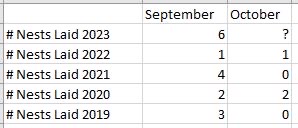
Time will tell if 2023 will surpass this number, and while new nesting activity in October is unlikely, it is still possible. On Halloween morning, 2020, a green sea turtle nest was found in Frisco, which was the latest sea turtle nest recorded at CHNS since at least 1997.
In addition to the high number of nests, 2023 also marks the first time that a leatherback sea turtle nest was discovered on Ocracoke Island in 11 years. (The nest was identified in June, and successfully hatched in late August with 19 baby sea turtles making a mad dash to the ocean.)
Sea turtle nests laid by loggerheads, Kemp’s Ridley turtles, green turtles, and leatherbacks have been monitored at CHNS since the 1970s. The Outer Banks serves as seasonal breeding grounds for endangered sea turtles, and the nesting season typically begins slowly in mid-to-late May, before it heats up in the prime summer months. In 2023, the first sea turtle nest was discovered on May 12 on Ocracoke Island.
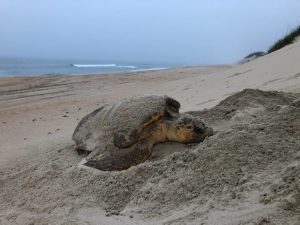
While the nesting season is nearly over, there is still a modest number of nests that are incubating, (39 nests as of September 29), and visitors are advised to be aware of these small nest closures throughout Hatteras and Ocracoke Islands.
With this in mind, beachgoers should remove beach equipment, such as lounge chairs, umbrellas, tents, and other items from the beach when they leave, especially if they are near an established nest. If left on the beach, these items can prevent nesting attempts, and can also be roadblocks for hatchlings who are heading to the ocean.
Other tips to help protect sea turtles and hatchlings during the nesting season, per the N.C. Wildlife Resources Commission, include the following:
- Fill in all holes in the sand at the end of the day.
- Pick up all your trash when you leave.
- If fishing, properly dispose of any fishing line. Improperly discarded fishing line is often deadly to turtles, birds, and other marine animals.
- Use your natural vision and moonlight when walking the beach at night.
- Turn off outdoor lights if you are staying in oceanfront accommodations near an established nest.
Visitors who notice any sea turtle nesting activity are advised to call the Cape Hatteras National Seashore to report the sighting at 252-216-6892.
In the meantime, visitors can keep tabs on nesting activity at shorelines all around the world at http://www.seaturtle.org.
